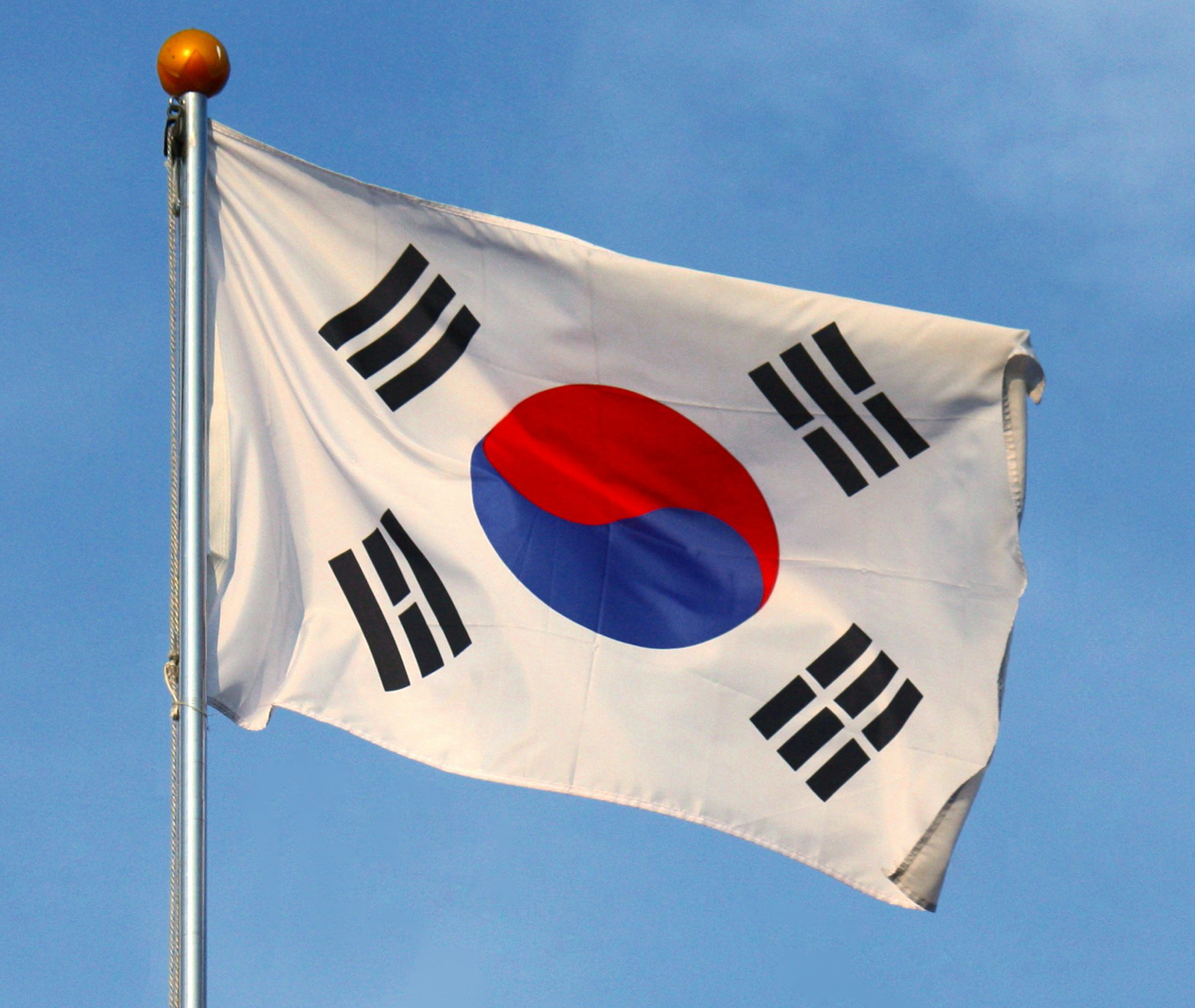Languages often shape how we perceive the world, and country names are no exception. Many countries are known by names in English that bear little resemblance to the names they use for themselves which is known as endonyms.
These linguistic differences stem from historical, colonial, phonetic, or cultural influences, and can sometimes reveal much about a country’s identity.
Below are several countries with endonyms that are dramatically different from their English names, shedding light on the complexity of global nomenclature.
Germany – Deutschland

One of the most prominent examples is Germany, known in its native language as Deutschland. The English name "Germany" derives from the Latin Germania, a term used by the Romans to refer to the lands east of the Rhine.
However, Germans have long referred to their country as Deutschland, which comes from the Old High German diutisc, meaning "of the people" or "popular." The name reflects the linguistic and ethnic identity of the Germanic tribes.
This divergence between English and native terminology illustrates the legacy of Roman influence on Western European languages and how historical documentation shaped modern names.
Japan – Nippon or Nihon

The country known globally as Japan calls itself Nippon or Nihon in Japanese. These names are written using the characters 日本, which mean "origin of the sun" or "sun’s origin."
The phrase refers to Japan's eastern position relative to China, hence the moniker "Land of the Rising Sun."
The English name "Japan" likely came through Portuguese and Malay intermediaries, evolving from the Mandarin pronunciation "Rìběn," which was transliterated into "Jipangu" by Marco Polo. Over centuries, this evolved into "Japan."
The discrepancy between the endonym and the English name is a result of linguistic shifts and centuries of cross-cultural transmission.
Finland – Suomi

To English speakers, the northern European nation is known as Finland, but locals refer to it as Suomi. The origin of the endonym remains a subject of scholarly debate, but it may derive from a proto-Baltic or Finno-Ugric root word meaning “land” or “people.”
The English name "Finland" comes from the Old Norse word Finnr, which referred to the Sami people, and it was adopted broadly to label the entire region.
The contrast between "Finland" and "Suomi" reveals how external naming often generalizes or misrepresents internal diversity and identity.
Hungary – Magyarország

Hungary is another example where the English name bears little resemblance to the native term Magyarország. In Hungarian, Magyar refers to the ethnic majority and ország means "country," so the term translates to “Country of the Magyars.”
The English word "Hungary" is believed to originate from the medieval Latin term Hungaria, itself possibly derived from the Turkic tribe Onogur, who were associated with early Hungarian groups.
This misnaming reflects both historical confusion and the way medieval chroniclers contributed to the persistence of foreign exonyms.
Greece – Hellas or Elláda

Though known globally as Greece, the country’s official name in Greek is Elláda (modern Greek) or Hellas (classical).
The English word "Greece" comes from the Latin Graecia, which referred to a particular tribe the Romans first encountered and then used to label the entire region.
In contrast, Hellas was how ancient Greeks referred to their land and still carries a strong national and cultural significance today. The divergence exemplifies how colonial interactions can produce lasting foreign terms that overwrite a country’s indigenous identity.
India – Bharat
India’s endonym is Bhārat (भारत), officially Bhārat Gaṇarājya (भारत गणराज्य), meaning "Republic of Bharat." The name Bhārat comes from ancient Indian texts, referring to either King Bharata, a legendary ruler, or the Bharata tribe mentioned in the Rigveda.
It reflects deep historical and cultural roots within the Indian subcontinent. While "India" is derived from the River Indus and came via Greek and Persian usage, Bhārat represents the indigenous identity and is recognized in the country’s constitution alongside the English name.
South Korea – Hanguk

South Korea’s endonym is Daehan Minguk (대한민국), meaning "Republic of Great Han." It reflects national pride and historical continuity, with Daehan referring to the "Great Han" lineage, linked to the ancient Three Kingdoms of Korea, Goguryeo, Baekje, and Silla.
Minguk means "republic" or "people's nation." Informally, South Koreans often use Hanguk (한국), derived from Daehan.
The term emphasizes ethnic unity and national identity, distinguishing the South from North Korea, whose endonym is based on the older term Chosŏn.



















